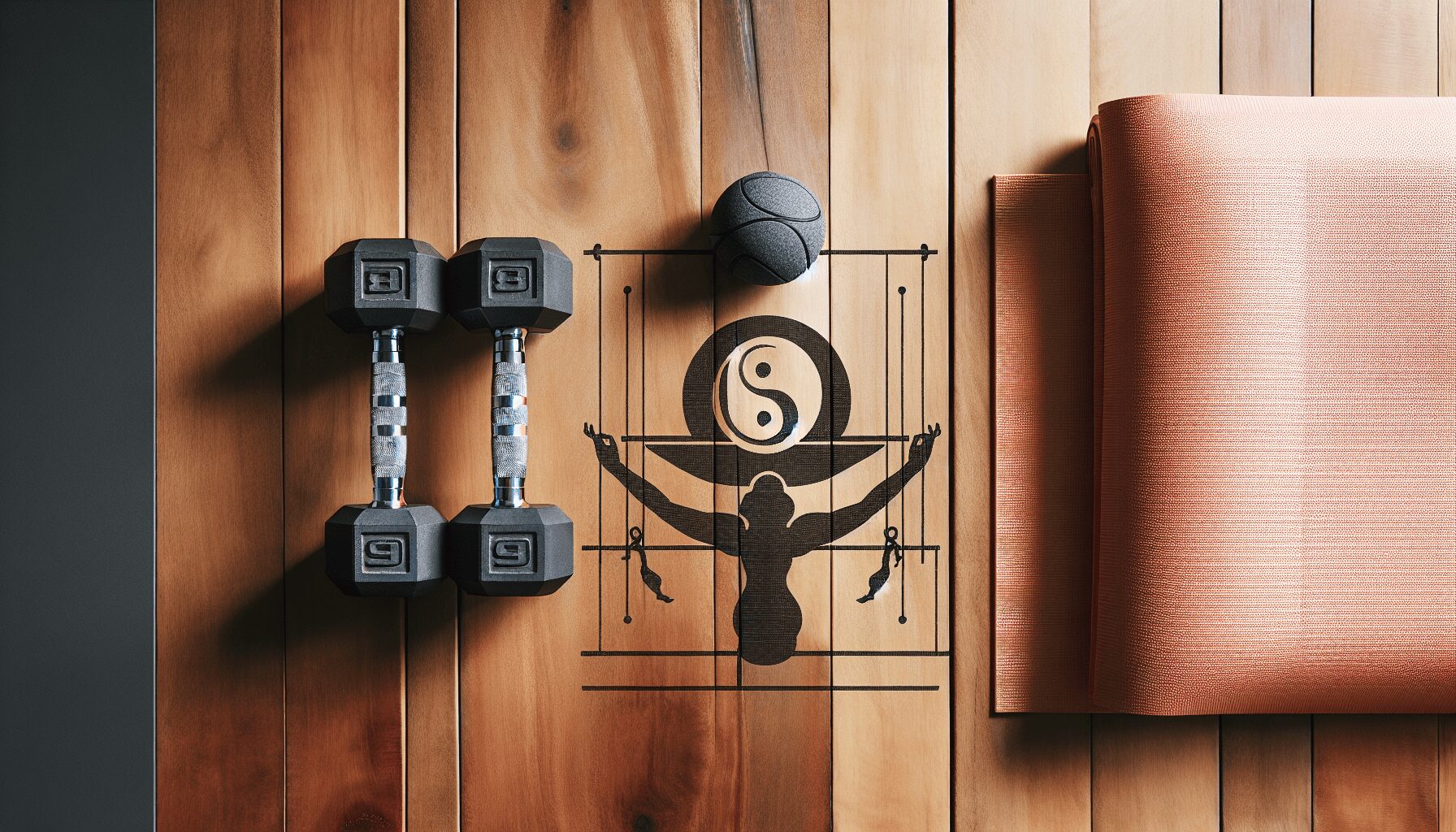If you’re looking to incorporate bodyweight training into your fitness routine, it’s important to find the right balance. While there is no one-size-fits-all answer, experts generally recommend doing bodyweight exercises 2-3 times a week to allow for proper recovery and muscle growth. By spacing out your workouts and gradually increasing intensity, you can ensure that you are getting the most out of your training without risking injury or burnout. Remember, consistency is key when it comes to seeing progress, so listen to your body and adjust your training frequency accordingly. How Often Should You Do Bodyweight Training?
Introduction to Bodyweight Training
Hey there! So, you’re thinking about getting into bodyweight training to improve your fitness and strength. That’s awesome! Bodyweight exercises, like push-ups, squats, planks, and lunges, are a fantastic way to build muscle and increase your overall health without the need for fancy equipment or a gym membership. But how often should you be hitting the mat or the park to get the best results? Let’s dive in and find out!
The Benefits of Bodyweight Training
First things first, let’s talk about why bodyweight training is such a great choice for improving your fitness. When you use your own body weight as resistance, you can effectively target multiple muscle groups at once, leading to a full-body workout that can help you build strength, endurance, and flexibility. Bodyweight exercises also help improve your balance and coordination, making them a great addition to any fitness routine.
Listen to Your Body
Before we get into specifics on how often you should do bodyweight training, it’s crucial to remember to listen to your body. Pay attention to how you feel before, during, and after your workouts. If you’re feeling overly fatigued, sore, or run down, it might be a sign that you need to give yourself more time to recover. On the other hand, if you’re not feeling challenged enough, you may need to up the frequency or intensity of your workouts. Remember, everyone’s body is different, so it’s important to adjust your training routine based on how you’re feeling.
Factors to Consider
When determining how often you should do bodyweight training, there are a few key factors to consider:
- Fitness Level: Beginners may need more time to recover between workouts, while more advanced exercisers may be able to handle more frequent training sessions.
- Goals: Are you looking to build muscle, improve endurance, or increase flexibility? Your specific goals will impact how often you should train.
- Schedule: Do you have time to work out every day, or are you limited to a few days a week? Your availability will play a role in determining your training frequency.
Frequency Recommendations
So, now that we’ve covered the basics, let’s get down to business. How often should you be doing bodyweight training to see results? Here are some general guidelines to help you structure your workout routine:
| Fitness Level | Training Frequency |
|---|---|
| Beginner | 2-3 times per week |
| Intermediate | 3-4 times per week |
| Advanced | 4-5 times per week |
Keep in mind that these are just starting points, and you can always adjust based on your individual needs and goals.
Structuring Your Workouts
Okay, so you know how often you should be training, but what should your actual workouts look like? When it comes to bodyweight training, variety is key. Make sure your routine includes exercises that target all major muscle groups, such as:
- Push-ups: Great for building strength in your chest, shoulders, and arms.
- Squats: Work your quads, hamstrings, and glutes for lower body strength.
- Planks: Engage your core muscles to improve stability and posture.
- Pull-ups: Challenge your back and arm muscles for a full upper body workout.
Try to incorporate a mix of strength exercises, cardio intervals, and flexibility training to keep your workouts balanced and effective.
Recovery and Rest Days
While consistency is essential for progress, so is giving your body time to rest and recover. Overtraining can lead to fatigue, injury, and burnout, so be sure to schedule rest days into your routine. Aim to take at least one to two days off per week to give your muscles a chance to repair and grow stronger.
Signs You Need to Adjust Your Routine
It’s important to pay attention to how your body is responding to your workouts. If you’re experiencing any of the following signs, it might be time to adjust your training frequency:
- Persistent muscle soreness: A little soreness is normal, but if you’re constantly in pain, you may be overdoing it.
- Decreased performance: If you’re struggling to complete your workouts or feeling weaker than usual, it could be a sign that you need more rest.
- Fatigue: Feeling tired and sluggish all the time could indicate that you’re not allowing your body enough time to recover between workouts.
Remember, it’s better to take a day off now than risk injury or burnout in the long run.
Adjusting Your Training Frequency
As you progress in your bodyweight training journey, you may find that you need to adjust your training frequency to continue seeing results. Here are a few tips for modifying your routine:
- Increase or decrease workout days: If you’re not seeing progress, try adding an extra day of training to your schedule. On the other hand, if you’re feeling overworked, scale back to allow for more rest.
- Change up your exercises: Stuck in a rut? Switching up your routine can keep things interesting and challenge your muscles in new ways.
- Listen to your body: This bears repeating – always pay attention to how your body is feeling and adjust your training frequency accordingly.
Conclusion
Bodyweight training is a fantastic way to improve your fitness, strength, and overall health. By listening to your body, considering key factors like fitness level and goals, and structuring your workouts effectively, you can maximize the benefits of bodyweight training. Remember to take rest days when needed, and be open to adjusting your routine as your fitness level progresses. Whether you’re a beginner or an experienced exerciser, bodyweight training can be a rewarding and challenging addition to your fitness routine.
So, how often will you be hitting the mat for your bodyweight workouts? You’ve got this!

